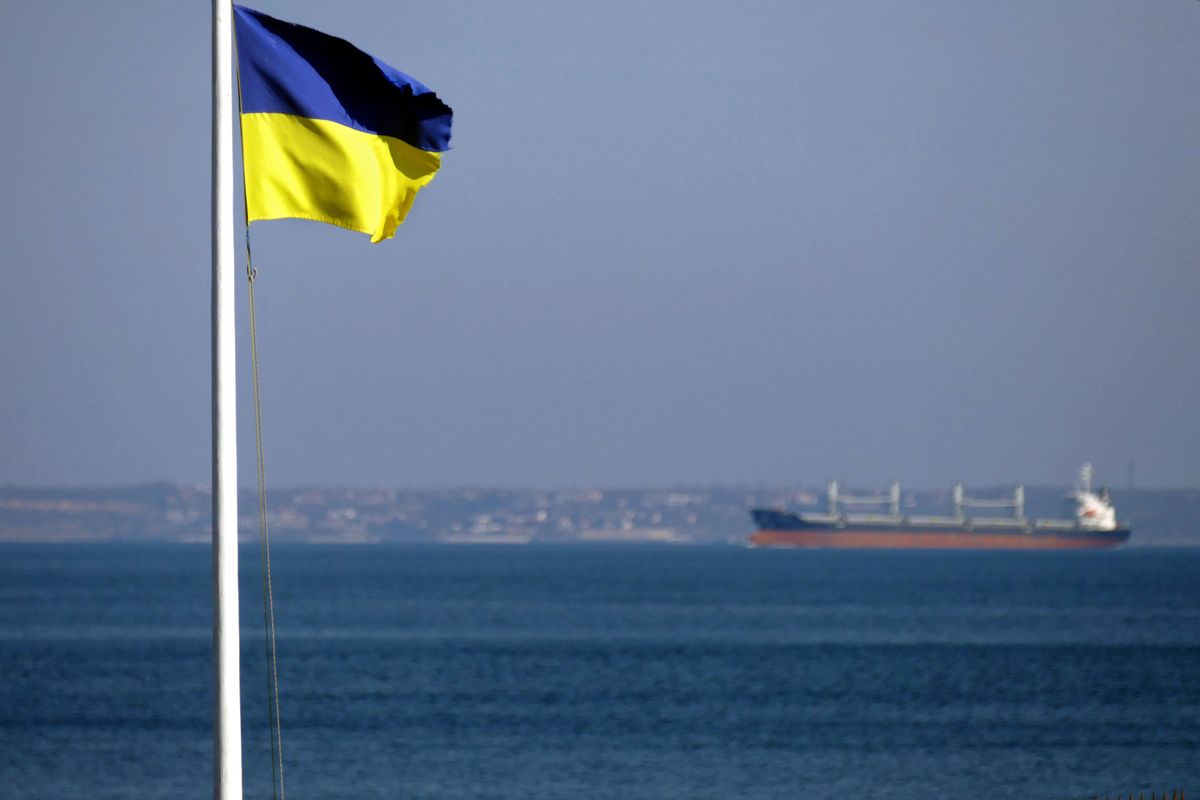Fresh out of Barnard College with a degree in political science, Riley is a writer and reporter for GZERO. When she isn’t writing about global politics, you can find her making GZERO’s crossword puzzles, conducting research on American politics, or persisting in her lifelong quest to learn French. Riley spends her time outside of work grilling, dancing, and wearing many hats (both literally and figuratively).
Fears are growing that Russia could refuse to extend its participation in the Black Sea Grain Initiative after it expires on Monday. The deal has allowed grain to flow from Ukraine’s port of Odessa since last July, alleviating the global food crisis caused by Russia’s invasion of Ukraine.
Russia has two demands to extend the deal. Reopen the pipeline of ammonia (a key ingredient in fertilizer) from Russia to the port, and let the Russian Agriculture Bank reconnect to the global payments network, SWIFT.
Unfortunately, it's unlikely that either of these specific demands will be met by the deadline. Guaranteed ammonia shipments to the port was a stipulation for Russia signing onto the deal. But the ammonia pipeline was badly damaged in an explosion that both Moscow and Kyiv blame the other for, so neither is taking responsibility to repair it. Meanwhile, it would be up to the EU to grant the Russian entity access to SWIFT, a decision that there is far from consensus on among EU nations.
What would happen if it is not renewed? In short, grain would get more expensive, adding to food price inflation and exacerbating the worsening problem of global hunger.
But there is still reason for optimism. The deal has been extended three times so far, and Russia threatened to leave two of those times. Moreover, Putin knows that if the deal falls apart, higher grain prices will hurt some of Moscow’s closest friends across the global south. China, for example, is the world’s largest importer of wheat, and has called for extension of the grain deal.





